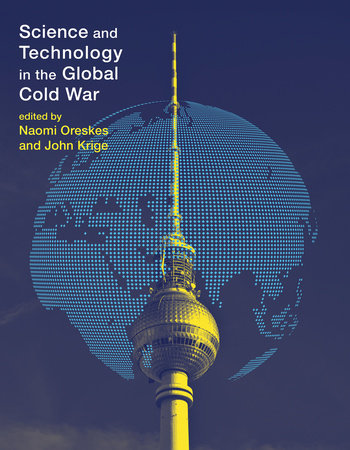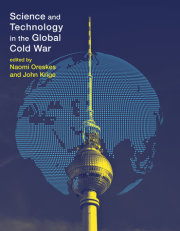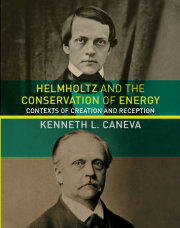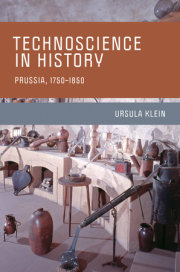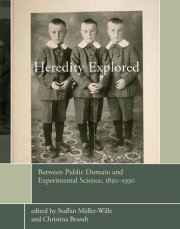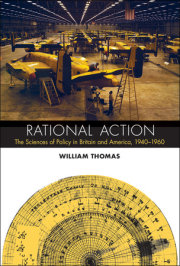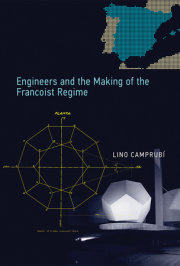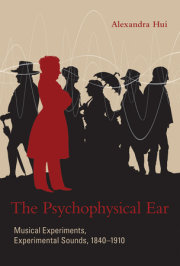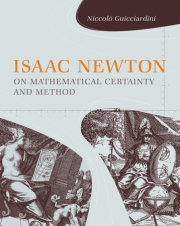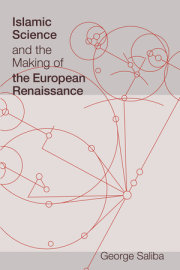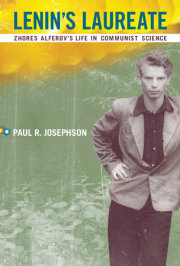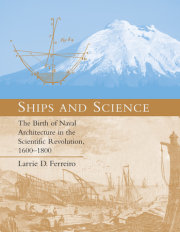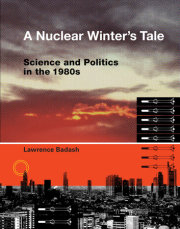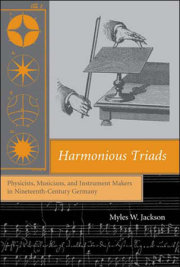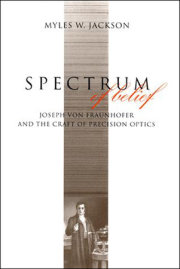Investigations of how the global Cold War shaped national scientific and technological practices in fields from biomedicine to rocket science.The Cold War period saw a dramatic expansion of state-funded science and technology research. Government and military patronage shaped Cold War technoscientific practices, imposing methods that were project oriented, team based, and subject to national-security restrictions. These changes affected not just the arms race and the space race but also research in agriculture, biomedicine, computer science, ecology, meteorology, and other fields. This volume examines science and technology in the context of the Cold War, considering whether the new institutions and institutional arrangements that emerged globally constrained technoscientific inquiry or offered greater opportunities for it.
The contributors find that whatever the particular science, and whatever the political system in which that science was operating, the knowledge that was produced bore some relation to the goals of the nation-state. These goals varied from nation to nation; weapons research was emphasized in the United States and the Soviet Union, for example, but in France and China scientific independence and self-reliance dominated. The contributors also consider to what extent the changes to science and technology practices in this era were produced by the specific politics, anxieties, and aspirations of the Cold War.
Contributors
Elena Aronova, Erik M. Conway, Angela N. H. Creager, David Kaiser, John Krige, Naomi Oreskes, George Reisch, Sigrid Schmalzer, Sonja D. Schmid, Matthew Shindell, Asif A. Siddiqi, Zuoyue Wang, Benjamin Wilson

